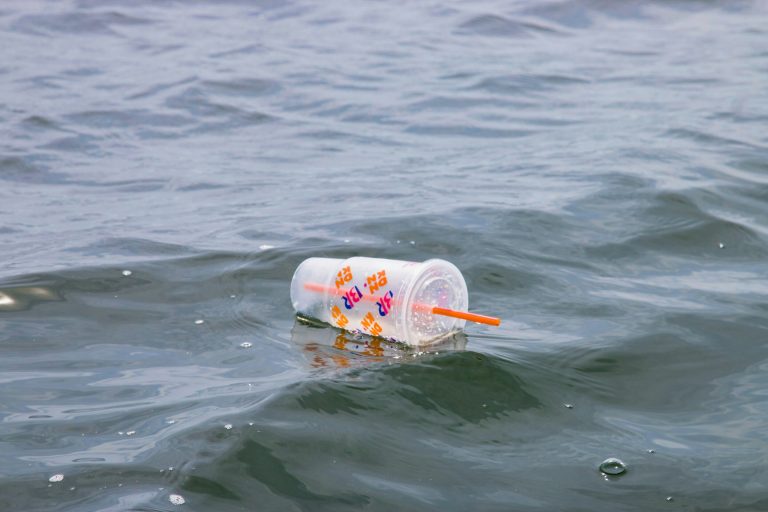
Credit: Unsplash/CC0 Public domain
A holistic approach backed by science is essential to the success of a global UN plastics treaty, Professor Steve Fletcher, director of the Revolution Plastics Institute at the University of Portsmouth, explained in a press conference. editorial published in Science on January 10, 2025.
Professor Fletcher, who is also NERC’s agenda-setting researcher for plastic pollution, attended the last round of plastic treaty negotiations in December, which ended without a resolution. He believes that independent evidence is the key to reaching a final agreement.
Professor Fletcher proposes the creation of a permanent scientific and policy group to provide ongoing support for the implementation of the treaty, ensuring that decisions are informed by the latest evidence. Such a mechanism would allow the treaty to adapt to new findings, monitor progress in its implementation and evaluate its effectiveness over time.
Professor Fletcher explains: “A science policy committee dedicated to providing the latest evidence would be a game-changer. This would allow the treaty to remain dynamic and evidence-based, adapting as our understanding of the effects of plastic pollution and solutions to it grows. evolves.
“The evidence is clear: solving the plastic crisis requires more than just managing waste. We need to rethink how plastics are produced, used and reused, and science is our best tool to guide this transformation.
The article identifies critical questions for negotiators that require solid scientific input:
- Defining sustainable plastic production: establishing limits on plastic production that meet environmental and social goals.
- Regulation of chemicals in plastics: with more 10,000 chemicals used in plastics, many of which lack robust hazard data, science must identify substances of concern and recommend safe alternatives.
- Design a circular economy for plastics: promote reuse, refill systems and efficient use of resources to keep materials in the economy and minimize waste.
The paper’s co-author, Dr. Tegan Evans, of the Revolution Plastics Institute, also attended the negotiations in Busan. She said: “The transition to a circular economy for plastics must be equitable, particularly for low and low consumption populations. middle-income countries. Scientific input will be essential in the design of sustainable finance mechanisms and capacity building programs to help these nations implement the treaty measures.
“Science is not just a secondary player; it is the backbone of this project. treated. With the right scientific frameworks, we can achieve a future free from the devastating impacts of natural disasters. plastic pollution.”
More information:
Stephen Fletcher et al, Optimism for a global plastics treaty, Science (2025). DOI: 10.1126/science.adv2404
Provided by
University of Portsmouth
Quote: Experts call for holistic science-based approach in global plastics treaty negotiations (January 10, 2025) retrieved January 10, 2025 from https://phys.org/news/2025-01-experts-science -driven-holistic-approach.html
This document is subject to copyright. Except for fair use for private study or research purposes, no part may be reproduced without written permission. The content is provided for informational purposes only.


